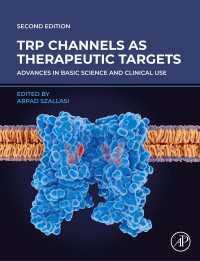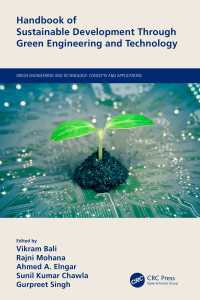Description
Heritage language speakers often feel discouraged from using their heritage language because they are told they do not speak it well. This book offsets such views by investigating heritage language variation and change across generations in eight languages spoken in Toronto. It introduces new methodology to help readers understand and apply variationist sociolinguistic approaches to quantitatively analyze spontaneous speech. This approach, based on a corpus of 400+ speakers, shows that variation and change across the grammar of heritage languages resemble the patterns in hegemonic majority languages, contrasting with the simplification/attrition patterns in experimental heritage language studies. Chapters compare patterns across generations, across languages, across ten variables in Cantonese, and between indexical and non-indexical patterns. Heritage language speakers are quoted, showing that this research increases heritage language usage and pride. Providing a tool for language revitalization, this book is essential reading for anyone interested in learning about and/or conducting research on heritage languages.
Table of Contents
1. What Are Heritage Languages and Why Should We Study Them?; 2. Experimental and Variationist Research on Heritage Languages; 3. The Toronto Context; 4. HLVC Methods and Tools; 5. Cross-Variety Comparisons; 6. Cross-Language Comparisons; 7. Heritage Cantonese: A Case Study; 8. Indexicality in Heritage Languages; 9. Analyzing Heritage Languages in Linguistics Classes; 10. What Heritage Language Speakers Tell Us about Language, Variation and Change; 11. Bibliography; Index.
-

- 洋書電子書籍
- 治療目標としてのTRPチャネル:基礎科…
-

- 洋書電子書籍
- Handbook of Sustain…



